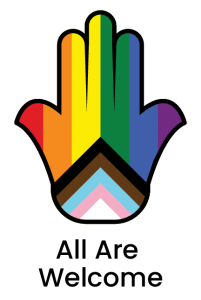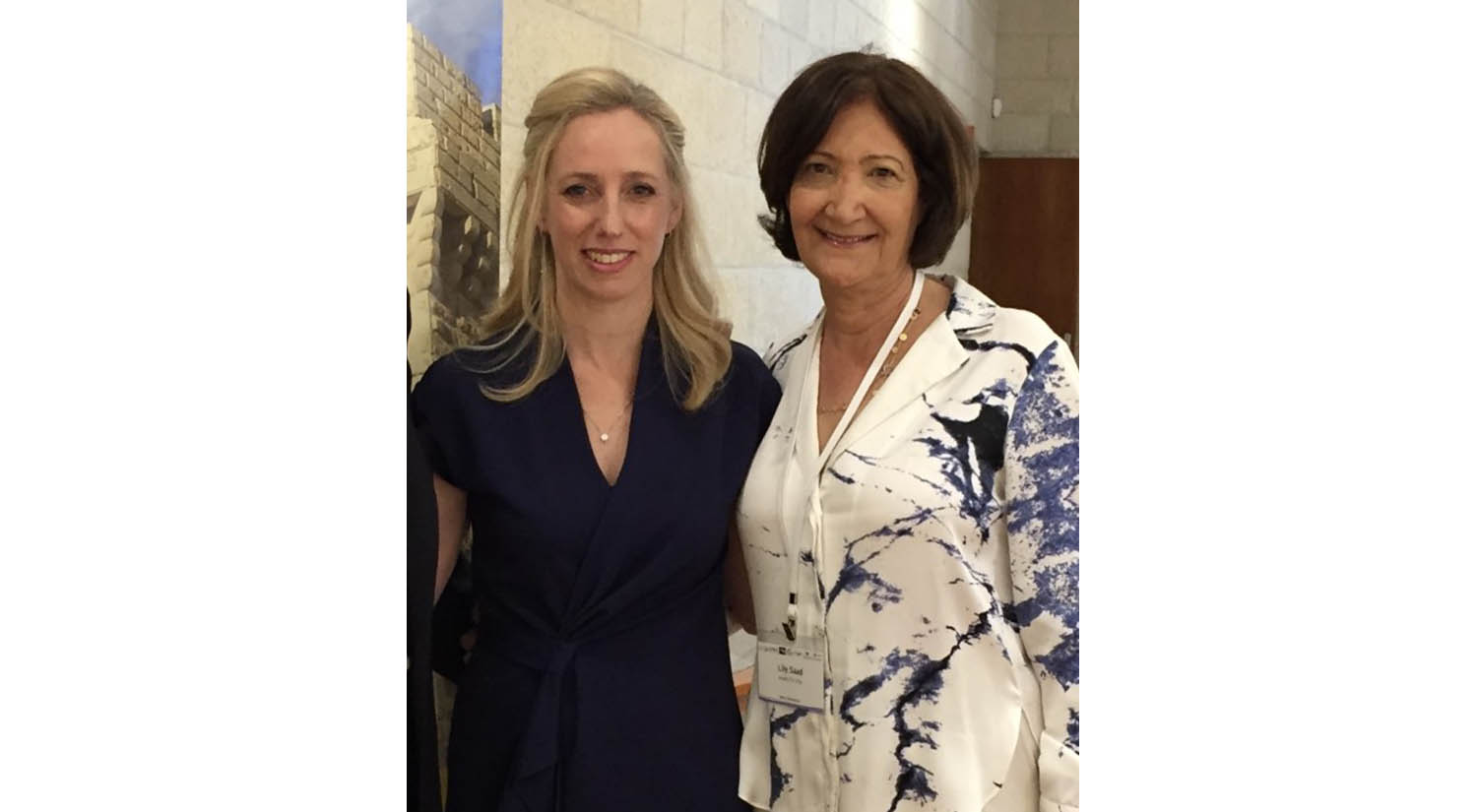
The Real Art of Oncology: Compassion Stretched to its Depth
Dr. Talia Golan (left) and Lily Saad (right) share a mission to bring more awareness to and support for pancreatic cancer. Photo courtesy of Lily Saad.
Dr. Talia Golan, head of the Pancreatic Cancer Center at Sheba Medical Center in Tel Aviv, Israel shares some of her recent experiences and perspectives since Oct. 7 with The Jewish Outlook.
8 October, 2023 Sunday morning 6am. Ra’anana Israel. I leave home early for work at Sheba Medical Center in Tel Aviv. Important to get to the hospital early so I can donate blood. It’s what I can do. Grateful I’m type O. Universal donor.
I arrive, already hundreds of people waiting to donate blood. The room is quiet, the deafening silence of shock, anguish disbelief. I feel like a mediocre physician, I cannot help with the wounded and mutilated. I’m not a surgeon or orthopedic doctor or emergency physician. I’m not even a pathologist who can help identify the unidentifiable. I’m just another physician, an oncologist and today following the events of the previous day, after my beloved people were brutally slaughtered[1] and with several family members, including my children called up to the front, I’m not quite sure how to cope.
I have been an oncologist for almost 20 years, I have 4 children and a supportive husband. I’m aware that I can work under immense pressure, treating many patients and their family members and running a research lab. I’m a passionate physician and always loved being an oncologist. I have pondered humanity, personalities, connections between people, extending life and dealing with end-of-life scenarios. These subjects are an integral part of being an oncologist, I have often spoken to my peers about them. Like most of you, I chose my profession and always felt that it was a good fit. But what does all that mean here, now?
It is Sunday morning. The beginning of the work week in Israel. I am seeing oncology patients. But not “as usual”. I’m have difficulty connecting with them and concentrating. Suddenly advanced pancreatic cancer seems a trivial problem. I sit across from my patients and have flashbacks of the horrors perpetrated against human beings – children, the elderly, no one immune. I look at my patients’ CT scans and have flashbacks from news reports and inhumane videos shamelessly shared by the terrorist for the world to see. I cannot find my compassion, which was always near the surface, at hands reach. I have never felt at such a loss.
It is true, that at different times, we all have personal problems, loss of a loved one, issues with relationships, challenges with our children or elderly parents. These things impact us personally and professionally. This is different. Bigger than me and my emotions, it is universal. Brutal, intentional atrocities against humanity on my fellow countrymen. How will I delve deep into myself and facilitate my reconnection with my patients and my compassionate healing side?
The medical system in Israel is harmonious, comprised of staff from all backgrounds – Christians, Muslims and Jews – working together in respect and harmony in medical centers all around Israel. We continue to provide the most professional medical and humane supportive care to all the patients irrespective of the patients’ religion or nationality…and yet this conflict persists in trying to damage harmony.
Human to human interactions with others got me through the day…..I opened myself up by sharing the struggle…
…with my colleagues. The head of our Gastrointestinal Unit, decides together with the psychologist to have a debriefing meeting with the staff, as we all feel distracted and anxious. We meet. About 20 of us, nurses, secretaries, physicians, social workers and psychologist. The staff start talking, everyone discussing the horrific situation from their perspective. I feel tears swelling up in my eyes, I cannot take all this in. They all feel the same way, the all have family members called up to reserve duty or a family member or friend missing or dead. We discuss the situation, there is deep connection between us all. I apologize and leave the room.
… with my patients.. My 41 year old female patient with advanced pancreatic cancer, came into clinic, she told me that her kibbutz was under siege that fatal day. She and her immediate family were not directly attacked. They are currently living as refugees in another city. Instead of discussing her advanced cancer and treatment we discussed the situation. She has two young children. Her youngest is in fourth grade. One of her daughter’s best friends had been abducted, the other murdered – identified only after several weeks due to severe mutilation. Towards the end of our meeting she said in a very small voice that perhaps it would have been better if she had been taken hostage herself instead of one of the other mothers that still had much longer to live. I didn’t really know how to answer…a deep silence followed. But I must continue – and focus then on her cancer and treatment.
…with a young wounded IDF soldier. I go to my office have a good cry, perform some work-related chores, anything to get my mind off the situation. I’m restless, so I go with a friend and colleague to get coffee. I notice a beautiful young soldier in a wheelchair, he could be my daughter’s age, his leg is bandaged up. “Hey, sweet soldier can I buy you coffee”. He is surprised, I continue, “I’m a doctor here at the hospital, you look like my kid’s age. Can I get you a coffee?” “What doctor are you?” he asks. “Well, I’m not a real doctor I can’t really help fix you now, I’m an oncologist.” “Wow “he says, “My dad died when I was 14 from lymphoma, don’t say you are not a real doctor. You fight every day to save lives and extend life, you are in a daily battle for life”. I inquired about his injury. “I’m in an elite commando unit… it was bad we lost many soldiers trying to help the civilians. I have a bullet wound in my leg and my back”. As I’m about to leave, I turn to him and say “I have one last request from you, promise me one thing, please get emotional help. I’m sure you are traumatized, I wasn’t there and I am traumatized. Please don’t let this be like the holocaust survivors who suppressed it all”. He looked at me with a twinkle in his eye and said: “Don’t you know our generation is different I’m already getting psychological therapy”.
… with a young Palestinian patient from Gaza. September 2023 a 39-year-old man from Gaza, father of 3 young children, was diagnosed with stage IV, gastric cancer. He suffered severe pain and weight loss. Following intake at our Gastrointestinal Unit at Sheba Medical Center, he rapidly initiated FOLFOX chemotherapy. His condition improved almost immediately. He stopped his analgesics and started to gain weight. It was clear that the treatment seemed very effective and we were all very optimistic and grateful. His 4th course of treatment ended October 7th after which this Palestinian born patient, raised in the Gaza strip had nowhere to go. He desperately wanted to continue treatment in Israel. Since the barbaric attack of 7th October, this Palestinian patient has been staying in accommodations at the Sheba Hospital in Israel. He has received treatments per schedule with response. Hundreds of other Palestinian patients, including children and cancer patients, are treated daily at various Israeli hospitals…what will happen to them?
These interactions, poignant and painful as they were, also put wind into my weary and damaged sails. I thought back to a lecture I had recently given at the AACR Pancreatic Cancer Conference – before the attacks. I chose to end reflecting on humility, caring and humanity with the following quote:
Inspire me with love for my art ….. In the sufferer let me see only the human being. Illumine my mind that it recognize what presents itself and that it may comprehend what is absent or hidden. Let it not fail to see what is visible, but do not permit it to arrogate to itself the power to see what cannot be seen, for delicate and indefinite are the bounds of the great art of caring for the lives of others …
Attributed to Maimonides (Rambam) a 12 century Jewish rabbi and physician.
Life, compassion, goodness and healing must continue to prevail.
[1] Paluch-Shimon et al The Lancet Published online October 12, 2023 https://doi.org/10.1016/S0140-6736(23)02288-2
The Jewish Outlook previously published a feature story on the critical fundraising efforts of Austin Jewish community leaders Lily and Yigal Saad. They set out to raise $250,000 for much-needed funds supporting pancreatic cancer research led by renowned Dr. Talia Golan, head of the Pancreatic Cancer Center at Sheba Medical Center in Israel.
Latest Posts
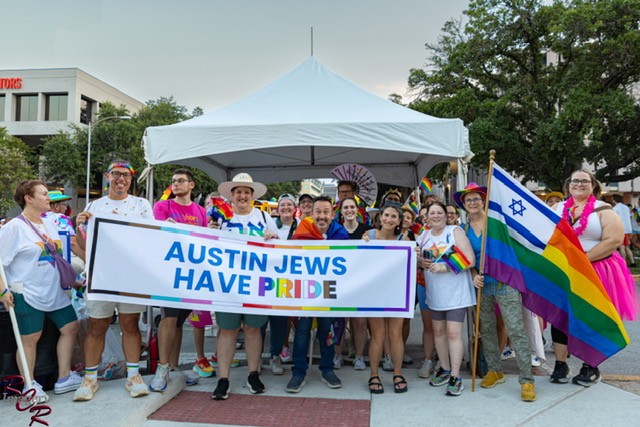
Austin’s Jewish Community Has Pride
Members of the 2024 Austin Pride Jewish community delegation. Credit: Rob Rossignol By Emily Bourgeois In a year marked by so much heartbreak for the Jewish community, Pride seemed like it would be a welcome reprieve. The celebration, held in Austin during August...
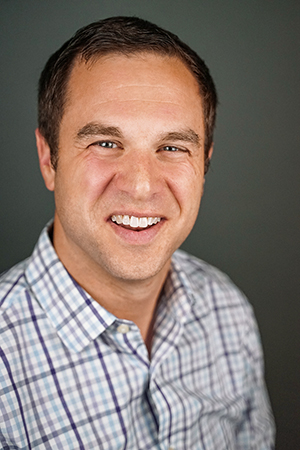
Praying for a Peaceful New Year
Since I will be on sabbatical, I am writing this column in June shortly before my leave begins. Summer camp is well underway at Shalom Austin and both of our Texas overnight camps, Camp Young Judaea Texas and URJ Greene Family Camp, began their first session only a...
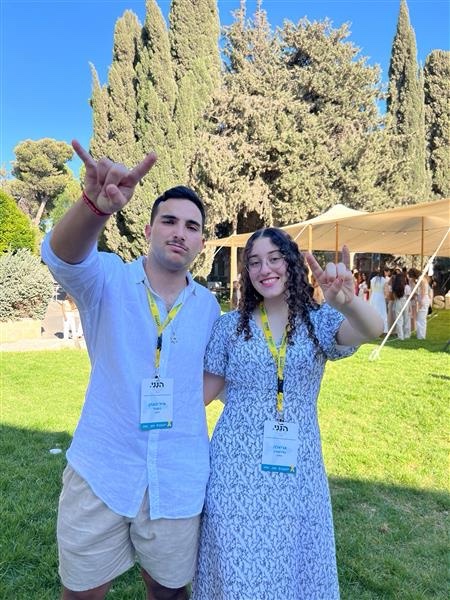
Home Away From Home: Austin Welcomes New ShinShinim for Second Year
Austin's ShinShinim Eyal Yehonatan Butbul and Ariella Goldstein. Courtesy: Michal Ilali As a part of Shalom Austin’s Israel initiative, a Zeff family grant and generous local donors, for the second year in a row, two ShinShinim are coming to Austin. ShinShinim are...
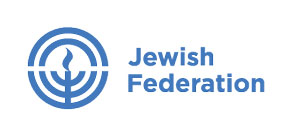
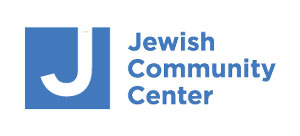
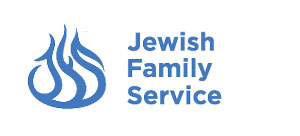
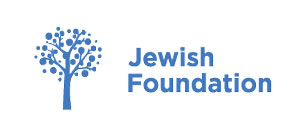
HEALTH & WELLNESS
Fitness
Swimming
Tennis & Pickleball
Sports
EDUCATION
Jewish Culture & Education
Early Childhood Program Preschool
After School & Childcare
Camps
ARTS & CULTURE
Literary Arts
Visual Arts
Theatre & Film
Dance
COUNSELING & SUPPORT
Jewish Family Service
Counseling & Groups
Case Management
References & Resources
Copyright Shalom Austin 2025. Privacy Policy.
